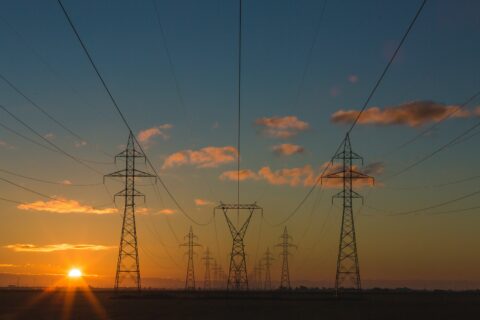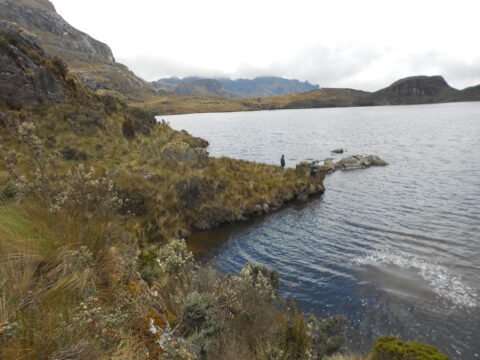Strengthening the production of lithium carbonate
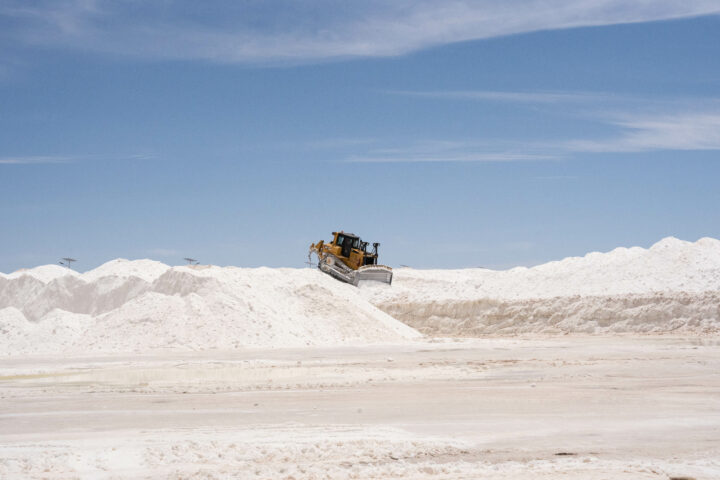
Bolivia and Argentina exchange knowledge and experiences in the generation of this resource, which is used in several industries.
In the framework of the 2030 Agenda, SDG 7 focuses on promoting the use of sustainable, affordable and secure energy. Latin-America is very rich in strategic natural resources to make the transition to clean energy, and lithium is currently a commodity which is highly demanded worldwide to drive this transition (UNDP, 2022).
Lithium is a metal than can be found -among other places- in saline deposits, as is the case in Argentina, Bolivia and Chile. These countries have large reserves of this metal and are known as the Lithium Triangle. One of the ways to commercialize it is by processing it into lithium carbonate.
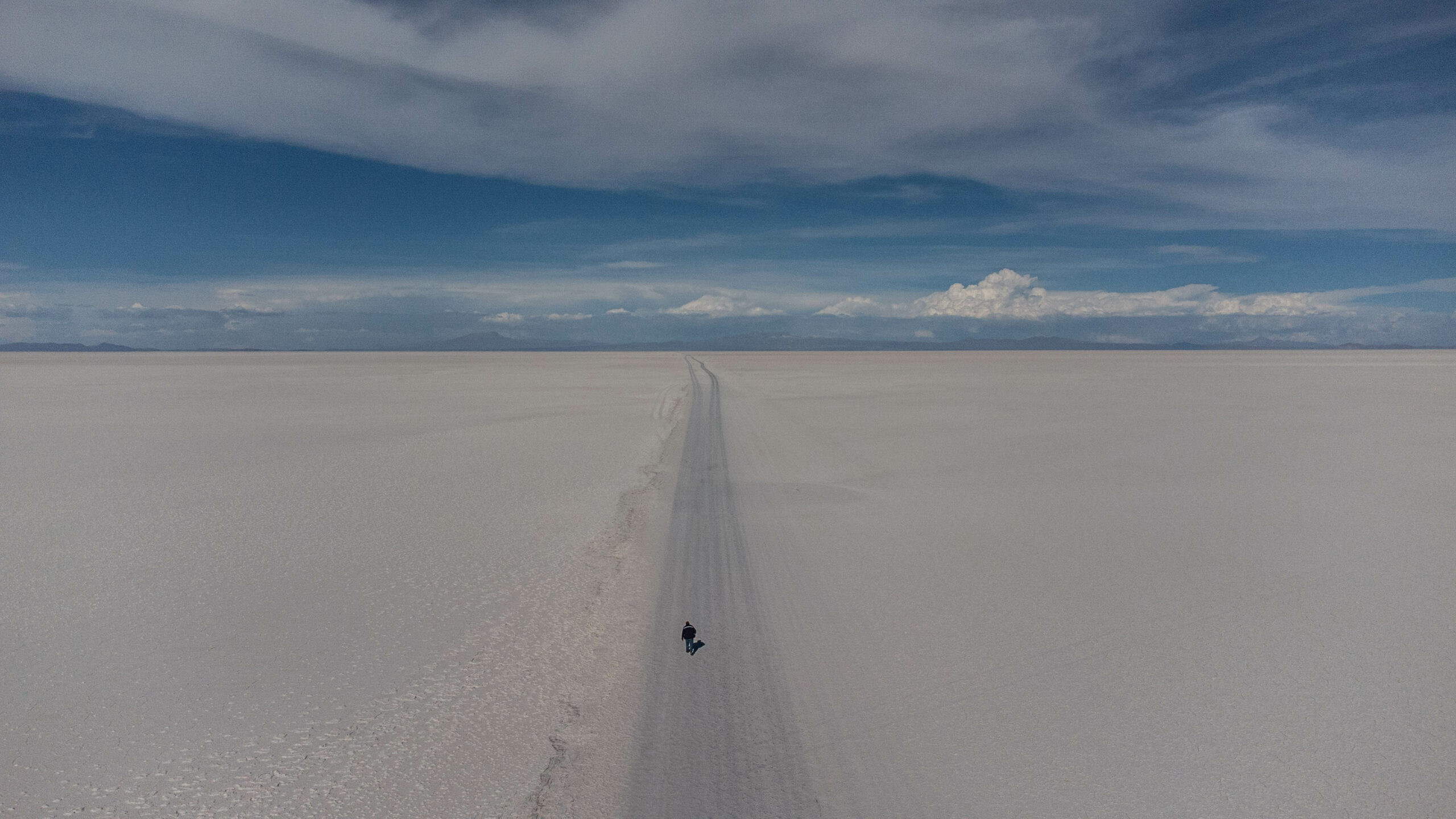
Lithium carbonate has many applications, from being an essential element for the manufacture of batteries (computers, telephones, electric cars) -due to its high energy storage capacity-, to being used in the pharmaceutical industry for certain drugs. These two industries have great potential for the economic growth of those countries that have the capacities to develop them (ECLAC, 2017).
Seven cooperation projects were approved in November 15th, 2022, in the framework of the Fourth Meeting of the Bilateral Commission for Cultural, Scientific and Technical Cooperation between Argentina and the Plurinational State of Bolivia. Considering the strategic importance of lithium production and commercialization, the National University of La Plata (UNLP, 2022), through the Center for Inorganic Chemistry (CEQUINOR by its Spanish acronym), reached a strategic South-South Cooperation (SSC) agreement with the state-owned Bolivian company Yacimientos de Litio Bolivianos (YLB by its Spanish acronym), to study the nucleation and growth of lithium carbonate crystals. Hence, the project Studying lithium carbonate crystallization through advanced analysis and characterization techniques will work to strengthen its production.
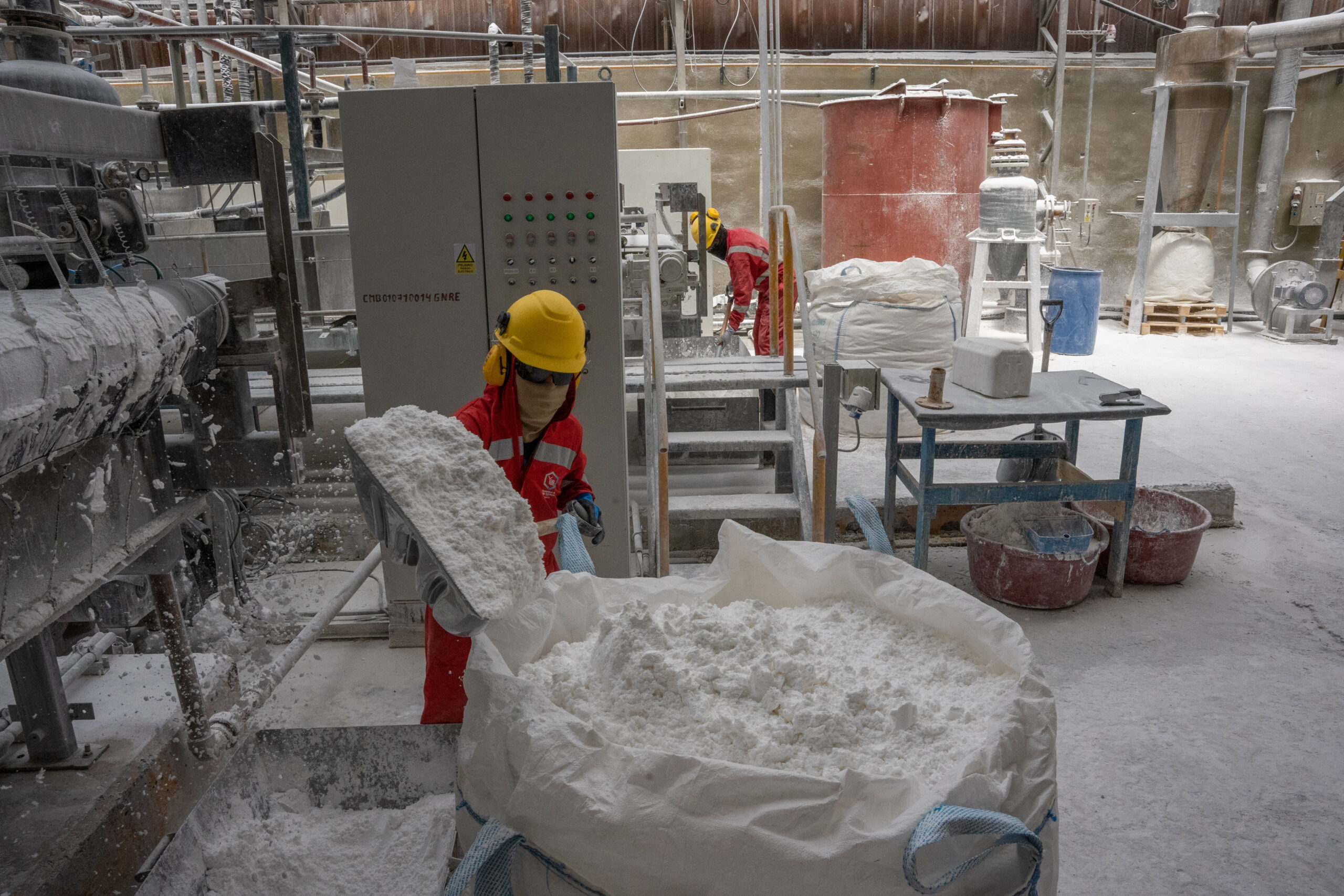
The first stage of the initiative has been already implemented; a team of CEQUINOR experts visited YLB facilities both in Llipi (Uyuni) and La Palca (Department of Potosi), with the aim of understanding evaporite processes, the variables that affect the crystallization of lithium carbonate and the subsequent analysis techniques. This first activity was a great success, since it not only allowed a technical approach, but also enabled the Argentine team to present the research lines developed at CEQUINOR.
The process of lithium industrialization developed by YLB in terms of lithium carbonate production entails technical-scientific challenges to guarantee products with certified quality. Thus, the start-up of this project is especially relevant to understand the crystallization stage in greater depth, which is fundamental for productive development (CEQUINOR, 2023).
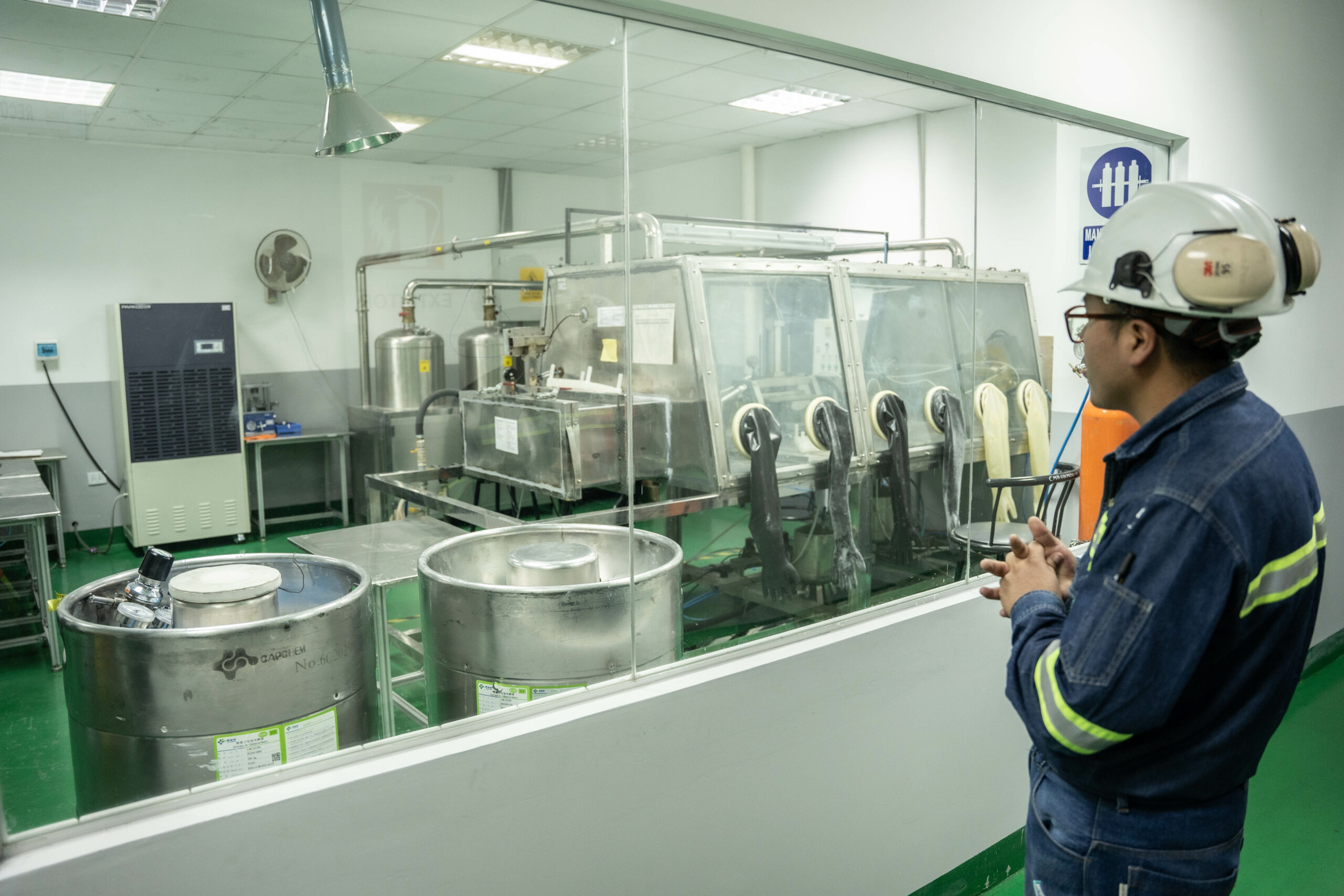
It is expected that, through training and knowledge exchange between technical teams, the project will result in the definition of techniques to be used for the crystallization of lithium carbonate, the determination of the optimum conditions for this process and the study of on-line monitoring techniques to strengthen the production of this metal.
February 2024
***
Source: SEGIB based on Agencies and Directorates-General for Cooperation, Economic Commission for Latin-America and the Caribbean (ECLAC, 2017), United Nations Development Program (UNDP, 2022) and National University of La Plata (UNLP, 2022), through the Center for Inorganic Chemistry (CEQUINOR, 2023).
Photographs: Research and innovation in lithium crystallisation processes is key for Bolivia, a country that, along with Chile and Argentina, has the largest reserves of this metal. At the La Palca plant (Potosí), the state-owned company Yacimientos de Litio Bolivianos (YLB) researches and manufactures lithium-ion cells and batteries for different applications. Bilateral SSC project between Bolivia and Argentina. Image bank on South‑South and Triangular Cooperation in Ibero‑America. SEGIB‑PIFCSS. 2024.
